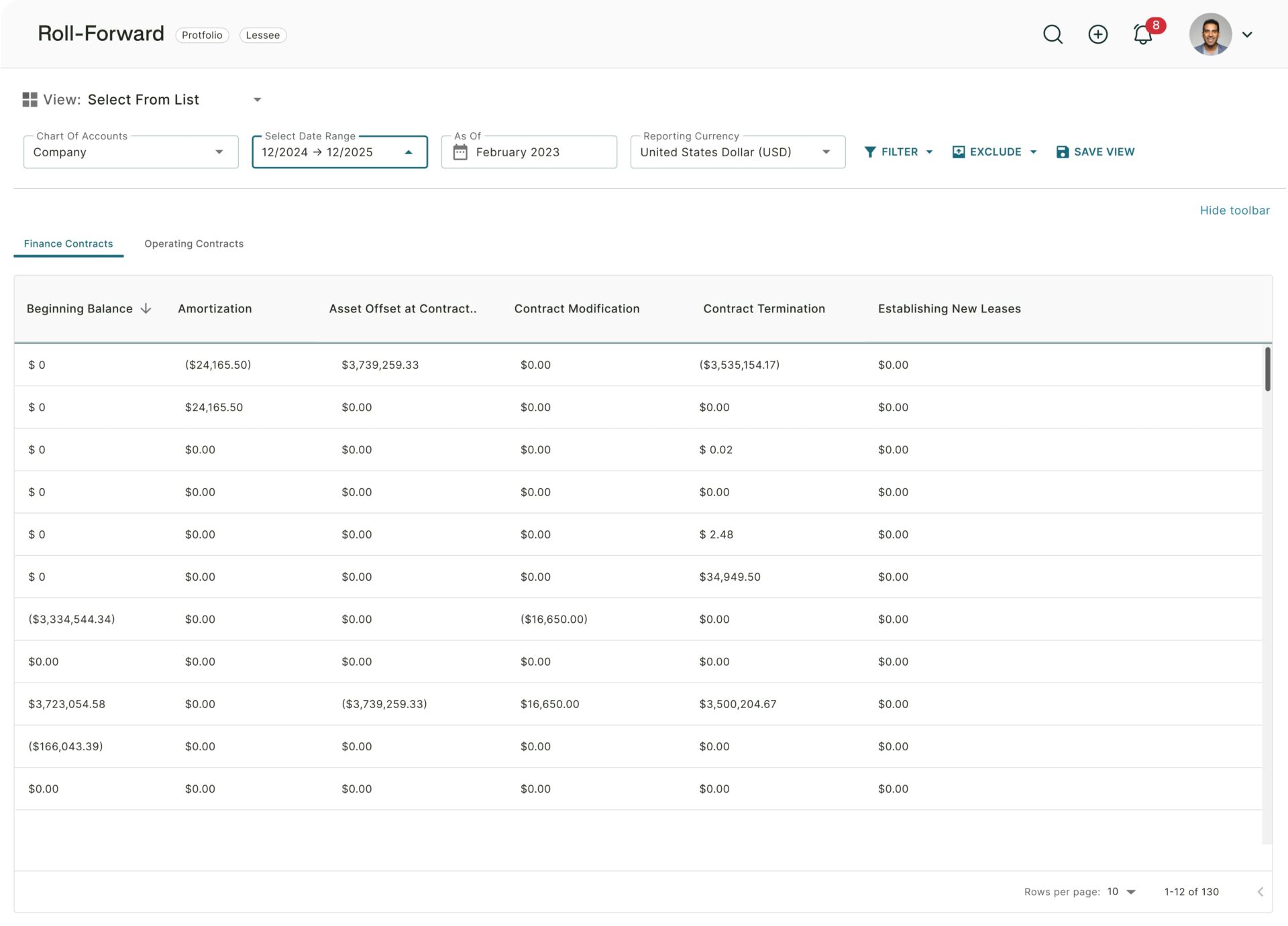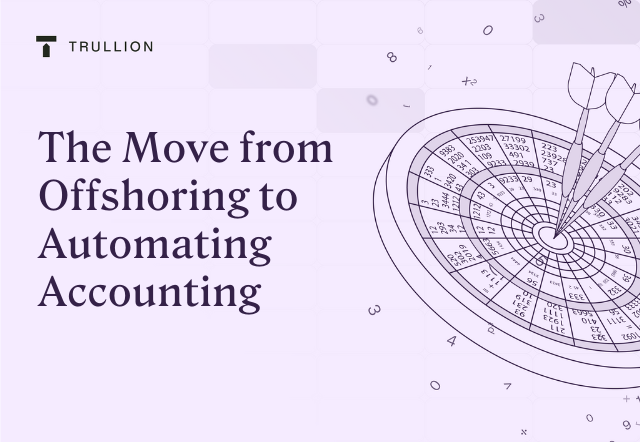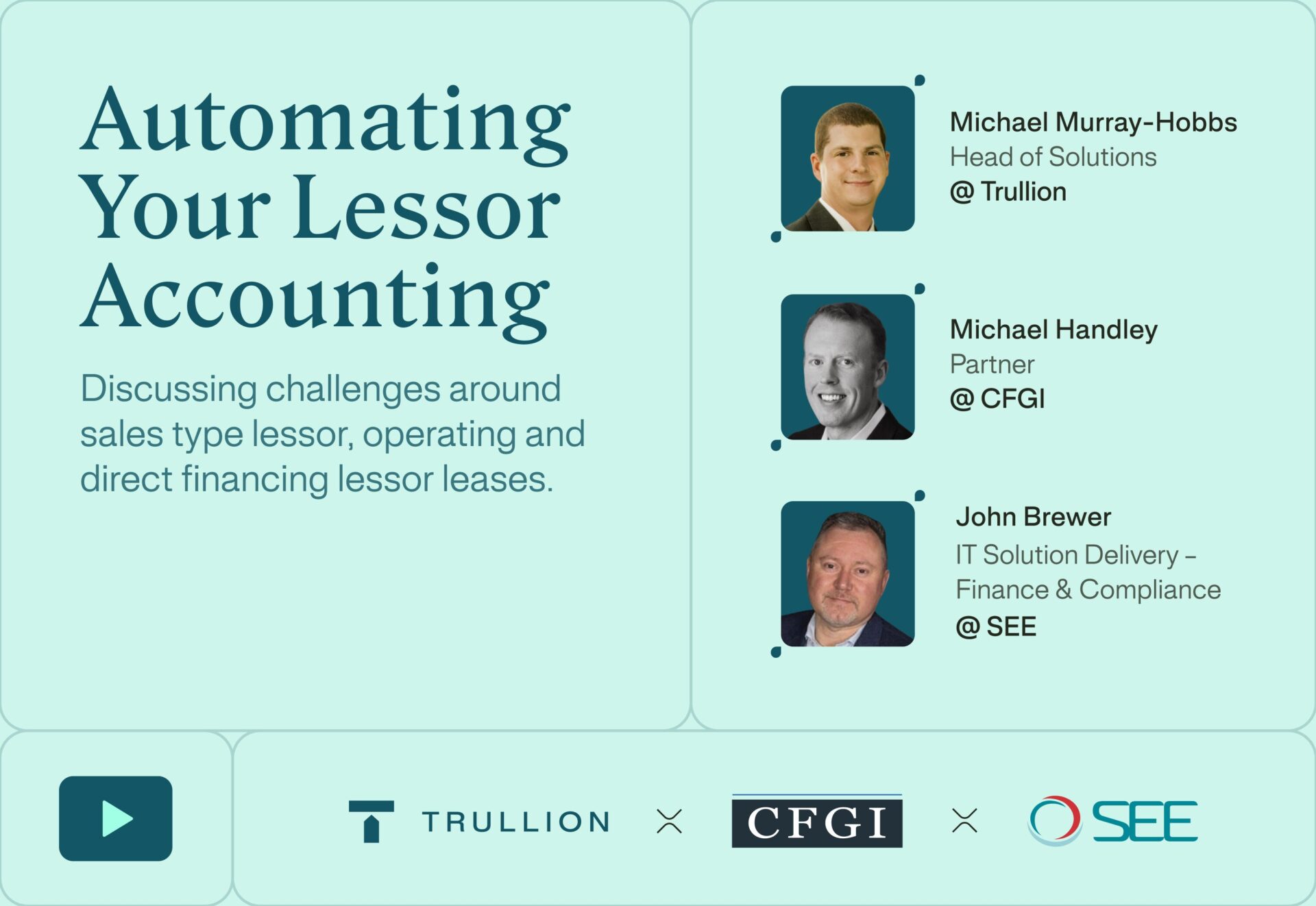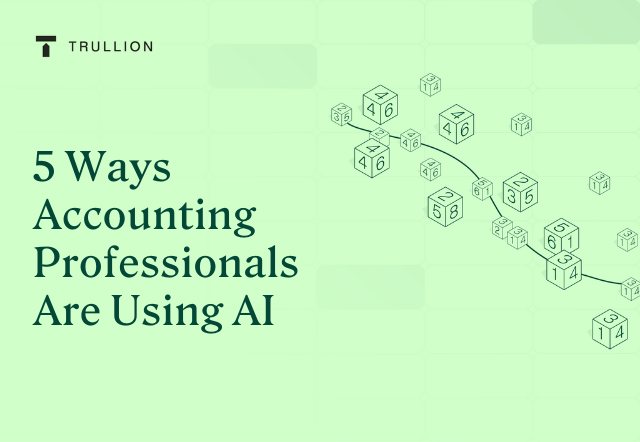Offshoring was once touted as the answer to many companies’ challenges when it came to manual tasks in accounting. However, two major factors have reshaped the landscape when it comes to this approach.
First, while offshoring sounds efficient in theory, it is replete with risks, from hidden costs and logistical headaches to the risk of data breaches and other challenges.
The second factor is the game-changing effect of automation, especially when powered by AI and machine learning. Automation can handle much of what is outsourced to offshore companies in a way that is orders of magnitude more effective and efficient.
If you’re debating the merits of switching from offshoring to automation, then this article is for you.
Why companies offshore accounting work
Offshoring accounting work has been a prevalent practice for several reasons:
- Cost savings: The primary allure of offshoring is the significant reduction in labor costs compared to hiring accountants.
- Scalability and flexibility: Offshore teams can be scaled up or down based on the company’s needs, offering flexibility during peak periods.
- Focus on core business activities: By offshoring routine accounting tasks, companies can focus on core business functions and strategic growth.
Despite its advantages, offshoring accounting work also comes with several challenges that have led many accounting teams to explore accounting automation.
A brief introduction to accounting automation
Accounting automation involves using software to perform routine accounting tasks that were traditionally done manually.
Automation can streamline processes, reduce errors, and provide real-time financial insights. Technologies like AI and machine learning play a pivotal role in modern accounting automation.
For example, accounting automation software for leases can extract key data points from leases, suggest journal entries, create reports, deal with lease modifications, provide disclosure, ensure compliance, and offer all of this with a complete audit trail.
6 reasons why companies choose to automate instead of offshoring
- Accuracy and consistency – Automation reduces human error, ensuring more accurate and consistent financial records. It also stays current with changes to accounting standards, and seamlessly deals with changes across the system; so for example, if there is a modification to a lease, a leading accounting software solution like Trullion can adjust the calculations, create new journal entries, and update the general ledger accordingly.
- Cost-effectiveness in the long run – Automation saves money through increased efficiency and reduced need for manual labor, including offshore accounting services.
- Real-time data and analytics – Automated systems offer real-time financial data and insights, aiding in timely decision-making. This data is within your control, and readily available. It’s also available to key stakeholders such as auditors and consultants.
- Scalability – Automation easily scales with your business, handling increased transaction volumes without the need for additional resources.
- Enhanced security – Leading automated systems have robust security features such as SOC 2 certification, reducing the risk of financial data breaches.
- Regulatory compliance – Automation ensures adherence to accounting standards and regulations, reducing the risk of compliance issues. This is especially important when it comes to newer regulations, which are likely to undergo further rounds of changes, such as those relating to revenue recognition and lease accounting.
How do you decide whether you should offshore or automate
Choosing between offshoring and automation depends on several factors:
- Nature of the accounting tasks: Routine and repetitive tasks are ideal for automation, as are areas of accounting that lend themselves to automation such as lease accounting and revenue recognition.
- Long-term strategy: Consider whether short-term savings or long-term efficiency gains align better with your business strategy.
- Data security and compliance needs: Evaluate the sensitivity of your financial data and the need for regulatory compliance when making your decision. The more you need to safeguard your data, the more automation will be a powerful option.
- Investing in your employees: Integrating automation into your business will not only attract top talent who are excited by the possibilities that automation brings, but it will allow existing employees to remain in control of financial data, empowering them to make the correct decisions while automation takes care of repetitive manual tasks.
Getting started with Automation
For many companies and accounting teams, the choice of automation over outsourcing is obvious – the difficulty is in where and how to get started with automation.
This is where Trullion comes in.
Trullion is accounting software that is easy to add and use, with a dedicated support team available to walk you through before, during, and after deployment. It’s a SaaS solution, so it doesn’t require any heavy integration to get started, or any onerous long-term commitment. And it’s built for accounting teams, so it feels like the systems you’re used to, with the added benefits of automation.
With Trullion, you can automate workflows, eliminate repetitive manual tasks, increase accuracy, ensure ongoing compliance, eliminate the need for offshoring (and the hassle and cost this entails) and much more.
To learn more about getting started, reach out to the Trullion team today.










